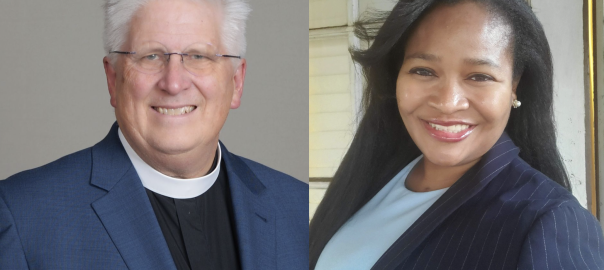
There is still time to capitalize on this housing opportunity. And we cannot afford to miss it.
New York is first in the nation when it comes to limiting housing production and a holistic legislative approach to simultaneously require housing production, protect tenants, and increase affordability is needed to solve this problem. Unfortunately, it seems that political squabbling among the Governor and legislators while not compromising could mean we will get nothing done to address the housing crisis in this session despite a historic chance to do so.
But there is still time to capitalize on this opportunity. And we cannot afford to miss it.
Most New York communities are segregated. This is because of the New Deal’s affirmative action plan, which was designed to grant white people federally insured home loans while denying Black New Yorkers access to that same credit. Furthermore, redlining prevented investment in Black and brown neighborhoods. Current zoning laws reinforce this discriminatory history.
Racism, it turns out, is not only immoral but expensive. That’s because our housing policies promoting segregation and preference for richer homeowners are forcing people, especially Black and brown people – and immigrants of all backgrounds – out of New York in search of housing they can afford. Businesses are also moving out in search of cheaper housing for their employees.
Governor Hochul’s Housing Compact would address many of these problems. It requires municipalities to change laws and increase housing production by 3% downstate and 1% upstate every three years with more incentives built in for building affordable housing. The plan gives municipalities considerable flexibility and time to figure out how to hit their housing target.
Developers can appeal to a higher state body to override a community only after nearly six years if municipalities refuse to do anything. The developer can only file an appeal for affordable housing projects – not luxury homes. As a complement to the Compact, the Governor is implementing a robust plan to finance more supportive and affordable housing and make it easier for people to own a home.
You would think that the legislature, given its zeal to address structural racism and housing discrimination, would have affirmed the Governor’s compact in their one-house bills. They did not.
Instead, they are pandering to suburban lawmakers who distort the Compact and embrace NIMBYism while willfully refusing to listen to their own poor and middle-class constituents who would most benefit from the Governor’s plan. Instead of standing up to their suburban colleagues, liberals proposed a very modest $500 million for incentives to get municipalities to do the right thing. Incentives are meaningless when getting intransigent wealthier and more segregated communities to build housing.
It’s not all bad, though.
The legislature, in their wisdom, did propose a series of tenant protections, including stopping landlords from evicting people for no good reason, providing housing vouchers so that people don’t have to spend more than 30% or their income on housing, and a right to counsel law which would give people, facing eviction, an attorney to represent them in housing court. We share the legislature’s frustration with the Governor who did not include any of these protections in her budget.
The New York State Council of Churches represents 7,500 congregations across our state. The survival of our congregations depends on the stability of their towns to take structural racism seriously, welcome everyone, and be affordable to residents of all income levels. We appreciate both the Governor’s Compact and the legislature’s proposed tenant protections alike.
The Council proposes a grand bargain. We call on the Governor and the legislature to set aside their differences and hard feelings and come up with a comprehensive approach to our housing crisis which seeks to eliminate discriminatory zoning policies while offering tenant protections. New Yorkers look for leadership from the Governor and legislature to lead. Albany will have no one to blame but themselves if they focus more on politics than policy to address our housing crisis.
The Reverend Peter Cook is the Executive Director of the New York State Council of Churches. Ms. Rashida Tyler is the Deputy Executive Director of New York State Council of Churches.

